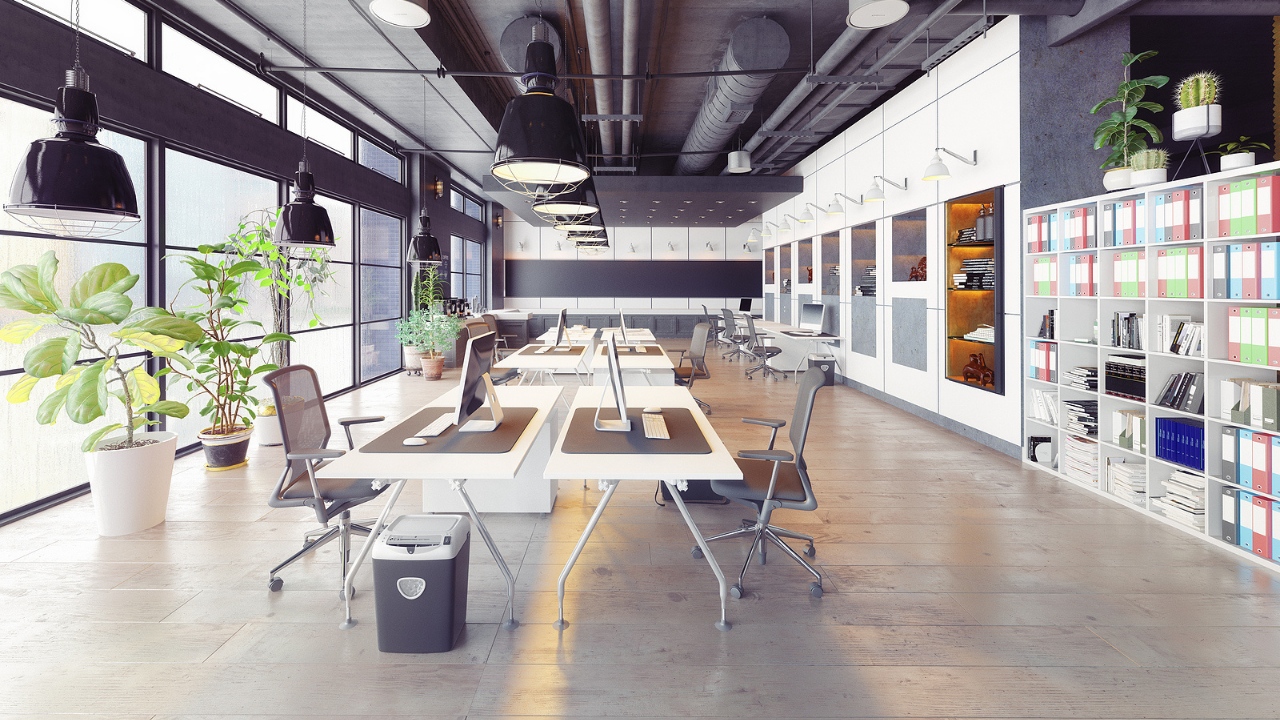Despite the coworking industry taking a major economic hit caused by the ongoing pandemic, those who survive could emerge stronger than ever.
Due to their short-term nature, coworking spaces have been at higher risk of business loss than office landlords with long-term leases.
Prior to the pandemic, issues with WeWork and a few other notable coworking companies left the commercial real estate world wondering whether this industry was sustainable. With small businesses also suffering from the economic blow, coworking spaces have become that much more vulnerable.
Now, operators have started shifting their services to accommodate enterprise clients to bring in more revenue. Large companies that are in the process of downsizing their main offices or navigating how to accommodate remote workers are opting for coworking spaces with flexible leases.
In the future, it is clear that employees will continue wanting flexibility in the workplace, opening up a world of possibilities for the industry. However, along with this growth in demand, there will need to be a change in the dense, close-knit nature of coworking spaces. These workspaces will have to become more health-conscious by upping distancing measures, decreasing their occupancy and increasing sanitation practices.
“We anticipate this to be a longer-term trend where businesses just require more flexibility,” said Philippe Houdard, CEO and co-founder of boutique coworking group Pipeline. “For any company whose lease is coming to an end in a standard building and there’s an expectation of a five-year renewal, they are less likely to do it.”















